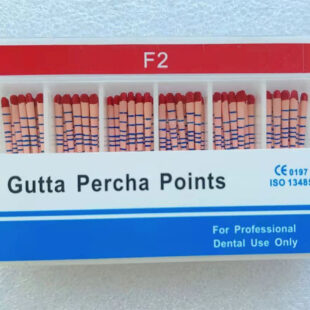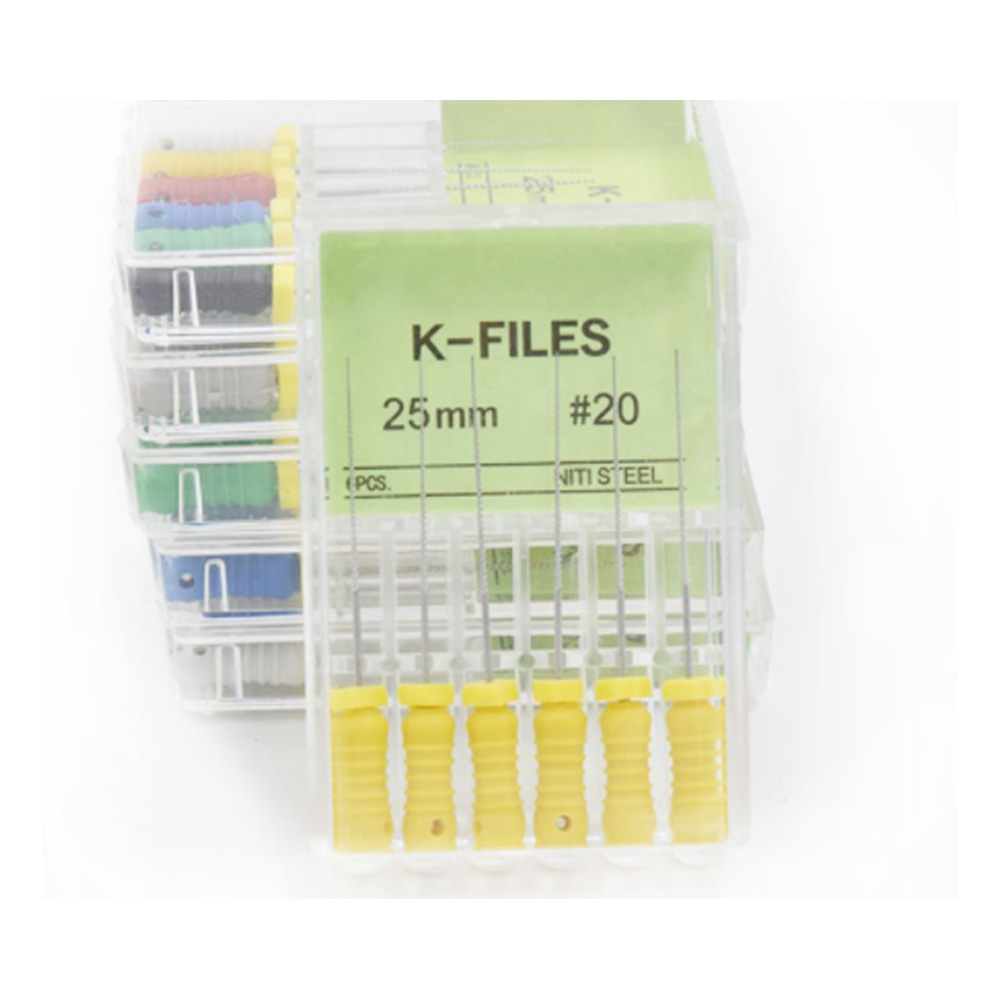- Your cart is empty
- Continue Shopping
Understanding Addiction in No Deposit Bonuses
No deposit bonuses are promotional offers commonly used by online casinos to attract new players or retain existing ones. These bonuses allow players to start playing games without having to make an initial deposit, providing them with free money or spins to use on selected games. For many, these bonuses seem like a risk-free opportunity to try out a casino’s offerings and potentially win real money without financial commitment. This makes them highly attractive, especially for novice gamblers who are unsure about where to start their gaming journey.
The concept of no deposit bonuses has evolved over the years, and today, they are a staple in the online gambling industry. While some players view these bonuses as a great way to explore a casino’s game selection without risking their own funds, others may find themselves caught up in a cycle of bonus hunting. As such, it is essential to understand how these bonuses work and the psychological effects they can have on players. They can play a significant role in shaping gambling behaviours, sometimes contributing to problematic patterns.
What are No Deposit Bonuses?
No deposit bonuses are essentially free rewards given to players by online casinos without the need for an initial deposit. These bonuses are offered in various forms, including free cash or free spins on specific games. They are an enticing offer for players as they allow them to engage in casino games without spending their own money upfront. While the idea of "free" rewards sounds attractive, it is essential to note that these bonuses often come with certain terms and conditions, such as wagering requirements that must be met before players can withdraw any winnings.
How No Deposit Bonuses Work
When a player claims a no deposit bonus, they are typically required to create an account with the casino, providing basic personal details. Once registered, the bonus is credited to the player’s account, allowing them to use it on select games. Players can either use the bonus for free spins or receive a certain amount of free cash to play with. However, the bonus is not entirely “free,” as the player must still meet the wagering requirements, which specify how much they need to bet before any winnings can be withdrawn.
For example, if a casino offers a £10 no deposit bonus with a 30x wagering requirement, the player must wager £300 (£10 x 30) before they can withdraw any winnings. These requirements can vary widely across different casinos, so it’s crucial for players to check the terms and conditions before accepting any bonus. Understanding how no deposit bonuses work is key to using them effectively and avoiding any misunderstandings that could lead to disappointment later on.
Types of No Deposit Bonuses
There are various types of no deposit bonuses, each with its own set of terms and conditions. The most common forms https://sistersitescasino.co.uk/casinos/virgin-games-casino/ include:
- Free Spins: Players are awarded a set number of free spins on specific slot games, giving them a chance to win without spending any of their own money.
- Free Cash: A certain amount of free money is credited to the player’s account, which they can use on a wide range of games.
- No Wagering Bonuses: Some casinos offer bonuses with no wagering requirements, meaning players can withdraw their winnings immediately after using the bonus.
Each type of bonus comes with its own advantages and challenges. Free spins, for example, often limit players to specific games, while free cash offers more flexibility but might have higher wagering requirements. Understanding these differences can help players make the most of no deposit bonuses, aligning them with their preferences and gambling style.
The Psychology Behind No Deposit Bonuses
The use of no deposit bonuses is not just a marketing tactic; it taps into various psychological triggers that influence a player’s behaviour. One of the primary psychological factors at play is the concept of “free,” which is a strong motivator for people to engage in activities they might not otherwise consider. The allure of getting something for nothing can lead players to feel more comfortable taking risks and trying out games they might not have otherwise explored.
Moreover, the presence of no deposit bonuses often creates a sense of urgency or excitement. Casinos often place time limits on these bonuses, encouraging players to act quickly to take advantage of the offer. This feeling of missing out, combined with the anticipation of potential winnings, can enhance the thrill of gambling and lead to players spending more time and money at the casino. Understanding these psychological factors can help individuals recognise when they might be falling into unhealthy gambling patterns.
Why Do Players Choose No Deposit Bonuses?
Players are drawn to no deposit bonuses for several reasons, with one of the primary motivations being the opportunity to experience a casino without any financial risk. For those new to gambling, the fear of losing money can be a significant barrier to entry, and no deposit bonuses eliminate this concern. With no deposit required, players can explore a casino’s offerings, learn the ropes, and even win real money—all without any upfront investment.
Additionally, no deposit bonuses often create a sense of excitement and adventure. The promise of potentially winning big without any financial commitment is incredibly enticing. Many players view it as a low-risk opportunity to test their luck, and the possibility of converting free spins or cash into real money is a powerful incentive. However, the desire to "win big" can sometimes cloud judgment, causing players to chase losses or continue gambling even when they should stop.
The Role of Rewards in Gambling Behaviour
Rewards, particularly in the form of no deposit bonuses, play a significant role in shaping gambling behaviour. The anticipation of a reward can trigger the brain’s reward system, which releases dopamine—the “feel-good” neurotransmitter. This response can be addictive, reinforcing the behaviour and leading players to return for more rewards. Over time, this can contribute to a cycle of gambling that becomes increasingly difficult to break.
Casinos are aware of this psychological effect and often tailor their bonuses to maximise player engagement. The idea of earning rewards, even small ones, can lead players to develop a stronger attachment to the casino. This, in turn, can fuel further gambling activity, making it harder to recognise when the behaviour has crossed the line from enjoyable to problematic.
Instant Gratification and Addiction Triggers
Instant gratification is a key component of gambling addiction, and no deposit bonuses can exacerbate this tendency. The immediate reward of free spins or cash can trigger a feeling of satisfaction that leads to further gambling activity. For some, this instant gratification can become addictive, as the brain craves the rush of winning or the hope of turning free rewards into real money.
For others, the quick rewards associated with no deposit bonuses can lead to a distorted view of gambling, making it seem easier and more predictable than it truly is. Over time, players may develop an unrealistic expectation that gambling should always result in immediate rewards, further reinforcing unhealthy patterns of behaviour.
The Impact of No Deposit Bonuses on Gambling Addiction
No deposit bonuses can have a significant impact on gambling addiction, especially when players begin to chase the feeling of excitement and instant reward. While these bonuses might seem harmless at first, they can create a false sense of security, making players believe that they have nothing to lose. This mindset can lead to excessive gambling, as individuals may start to believe that they can consistently win without risking their own money.
Moreover, the structure of no deposit bonuses often encourages repetitive gameplay. Players are more likely to continue gambling in the hopes of turning their free spins or cash into tangible winnings. Unfortunately, this can set the stage for the development of unhealthy habits and addictive behaviour. The promise of "free" rewards can quickly lead to a pattern where players gamble more frequently, even after their initial bonus is used up, in search of that next reward or win.
How No Deposit Bonuses Lead to Problem Gambling
The relationship between no deposit bonuses and problem gambling can be complex. While these bonuses are designed to encourage players to engage with a casino, they can also make it easier for individuals to overlook the risks associated with gambling. Because there is no initial deposit required, players may feel that they are playing with "house money" and are more willing to take greater risks. This sense of playing with someone else’s money often leads to a lack of caution, pushing players to place higher bets or engage in more gambling activity than they initially intended.
Furthermore, the positive reinforcement from early wins can create a feedback loop that encourages further gambling. Players who win using no deposit bonuses may believe that they are more likely to win again, which can make them more prone to risk-taking behaviour. Unfortunately, this can lead to an escalation in gambling activity, making it more difficult to recognise when a gambling problem is developing. The line between casual gaming and addiction can become increasingly blurred when bonuses continue to fuel the desire for more wins.
The Connection Between Bonuses and Risk-Taking Behaviour
No deposit bonuses can trigger risk-taking behaviour in several ways. The excitement of potentially winning big without any financial commitment often encourages players to take more risks. With nothing to lose, players might be more inclined to try new games, place larger bets, or play for longer periods of time. This risk-taking behaviour is especially prevalent among those who have already been exposed to gambling and have developed an increased tolerance to risk.
In addition, the concept of "free money" from no deposit bonuses can lower the perceived cost of gambling, making players feel that they are not truly at risk of losing their own funds. However, this can lead to a skewed sense of reality, where players may fail to recognise the financial implications of their actions. Over time, the pursuit of bigger wins can push individuals to engage in riskier gambling habits, potentially leading to problem gambling or addiction.
Psychological Effects of Free Money in Gambling
The psychological effects of receiving free money through no deposit bonuses are not to be underestimated. Many players experience a sense of elation or excitement when they receive these bonuses, which can act as a powerful motivator to continue gambling. This immediate rush can create a sense of satisfaction that encourages players to gamble more, even after the bonus funds are depleted. The anticipation of winning, combined with the feeling of playing with "free" money, can create a dangerous cycle that reinforces gambling behaviour.
Over time, the initial excitement of receiving free money can diminish, and players may begin to crave that same rush. This can lead to increased gambling frequency, as individuals seek the psychological payoff associated with winning. The long-term impact of this behaviour can be severe, potentially resulting in financial problems, strained relationships, and the development of a gambling addiction.
Identifying Addiction Triggers in No Deposit Bonuses
Identifying the triggers of gambling addiction is crucial for both players and those working in the gambling industry. No deposit bonuses, while designed to offer fun and engagement, can act as triggers for problematic behaviour. The excitement of receiving a bonus and the anticipation of winning can create a psychological need to continue playing. Over time, this pattern can escalate, leading to excessive gambling and addiction.
It’s important for players to remain self-aware and recognise the signs that they may be developing unhealthy habits. For instance, if a player finds themselves constantly seeking out no deposit bonuses or spending excessive amounts of time gambling, it may be a sign of an underlying issue. Understanding the psychological triggers associated with these bonuses can help individuals make more informed decisions and avoid falling into addiction traps.
Common Warning Signs of Addiction
There are several warning signs that players should be aware of when it comes to gambling addiction, especially in relation to no deposit bonuses. Some of the most common signs include:
- Chasing losses: Feeling compelled to keep gambling to recover losses, even after using up the bonus.
- Increasing time spent gambling: Spending more time on casino games, often at the expense of other important activities.
- Difficulty stopping: The inability to stop gambling, even when it starts to negatively impact personal life or finances.
If any of these signs are recognised, it is important for players to seek help before the situation escalates further. Casinos can play a role in helping players identify when they are at risk and provide support to reduce gambling harm.
The Frequency and Size of Bonuses
The frequency and size of no deposit bonuses can also contribute to the development of gambling addiction. Offering frequent bonuses, especially large ones, can encourage players to engage with the casino more often. This constant influx of rewards creates an environment where players feel compelled to keep gambling, seeking that next bonus. Over time, this can increase the risk of developing addictive behaviour, as players begin to rely on the rewards to fuel their gambling activity.
Casinos that offer large no deposit bonuses frequently might unknowingly contribute to unhealthy habits. While these bonuses are attractive, they can provide constant reinforcement of gambling behaviour. Players who repeatedly receive bonuses may start to expect them regularly, leading them to gamble more often, even outside of bonus offers. This cycle can be challenging to break, as players may start to associate gambling with instant rewards, further fuelling their addiction.
Psychological Patterns Triggered by Frequent Bonuses
Frequent no deposit bonuses can trigger a variety of psychological patterns in players, especially those susceptible to addiction. One of the primary patterns is the compulsion to chase rewards. As players accumulate bonuses, they may begin to expect them regularly, leading to the belief that they are entitled to rewards and that gambling without them is not worth it. This entitlement can create a dangerous mindset where players feel pressured to keep playing, even after they have already reached their limit.
In addition, the excitement and anticipation that come with each new bonus can trigger an emotional high, which some players may become addicted to. Over time, these psychological patterns can lead to a situation where gambling becomes less about enjoyment and more about seeking that next bonus or thrill, contributing to the development of gambling addiction.

















